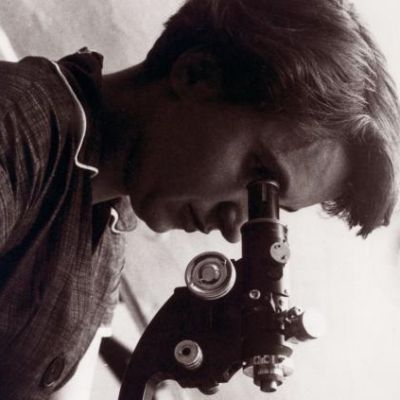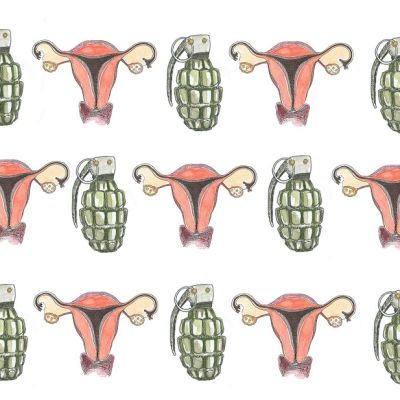Tata Institute of Fundamental Research
Shubha talks about social and subconscious biases in society against female scientists, her approach to tackling these challenges, and how she helps her female students maintain a healthy balance between their personal and professional life.
While an increasing number of women are opting to enter the field of science, very few end up securing top positions in research or administration. For instance, in premier research institutes such as the Tata Institute of Fundamental Research, Indian Institute of Technology, and Indian Institute of Science, women constitute a meagre 10-12% of the faculty. The report attributes this ‘glass ceiling’ that women encounter within the workplace to the social pressures of having a family and the burden of child care.
With Assisted Reproductive Technologies, science has managed to use technology to prise apart previous associations between reproduction and sex. With gender, class and queer theory, the social sciences have prised apart previous associations between gender and sex. We have found that knowledge through science, like knowledge of sexuality, can’t be pinned down to absolutes. “The more you know, the more you know you don’t know,” said Aristotle. While science may value the systematic and objective, it cannot escape the baffling convolutions of lived experience. How does life influence knowledge, and knowledge influence life?



